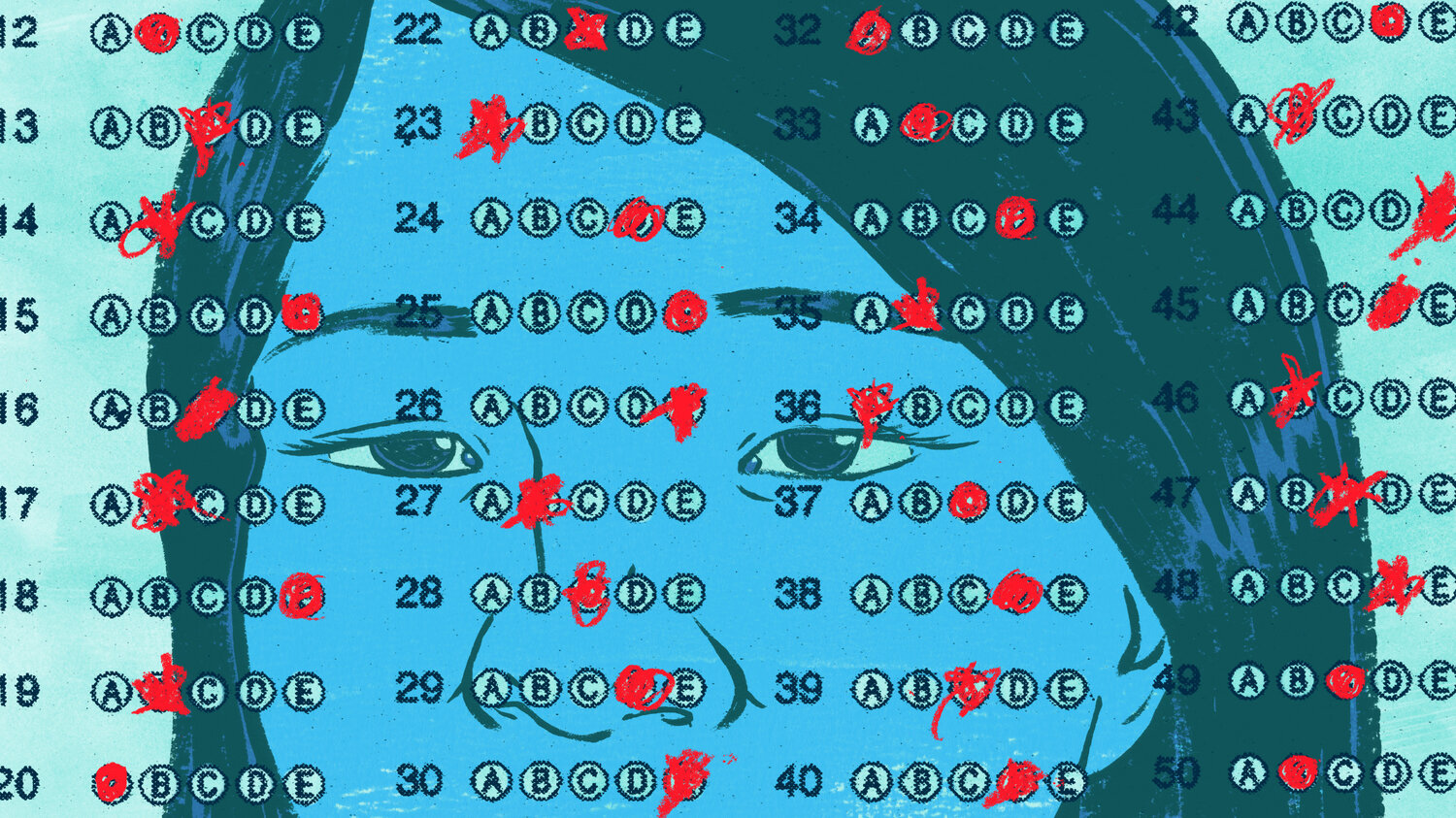Is There a Research Replication Crisis?
 I am a fan of The Hidden Brain Podcast which is hosted by Shankar Vedantam every week on many public radio stations. He takes research and makes it friendly for non-researchers and also entertaining. They did a show titled "When Great Minds Think Unlike: Inside Science's 'Replication Crisis'." (listen to the show)
I am a fan of The Hidden Brain Podcast which is hosted by Shankar Vedantam every week on many public radio stations. He takes research and makes it friendly for non-researchers and also entertaining. They did a show titled "When Great Minds Think Unlike: Inside Science's 'Replication Crisis'." (listen to the show)
I didn't know that there was a crisis.
He starts with a report published last year in Science magazine titled "Estimating the Reproducibility of Psychological Science." This report focuses on psychology's "replication crisis," but the crisis affects many other fields.
One of the basics for anyone who has done research is that your findings should be able to be replicated. Can others follow your methodology and get the same results? For the report, they tried to replicate one hundred psychology experiments published in three of the discipline's top journals to see how many would hold up when someone else ran the same experiment.
Just 39 of the 100 experiments they ran produced the same results as in the originals. Not good. That means nearly two-thirds of the studies failed to replicate.
The podcast focuses on one paper that was twice repeated, with one instance succeeding in replicating the original finding and the other failing. That study found that Asian women performed worse on a math test when primed to think about their female identity, but better when they were primed to think about their Asian identity. The study was widely disseminated in textbooks and psychology education for two decades but had never been replicated. They had two teams run it again and the reported different results.
And that is the big question about when a study can't be replicated consistently: What should we think of as true?
Trackbacks
Trackback specific URI for this entryThe author does not allow comments to this entry
Comments
No comments